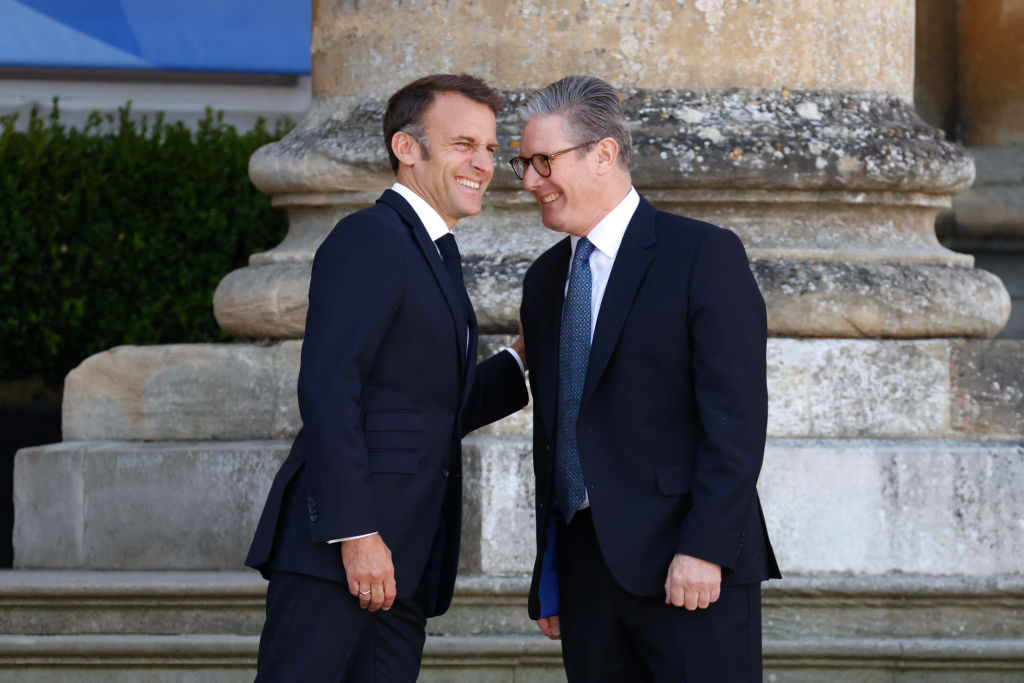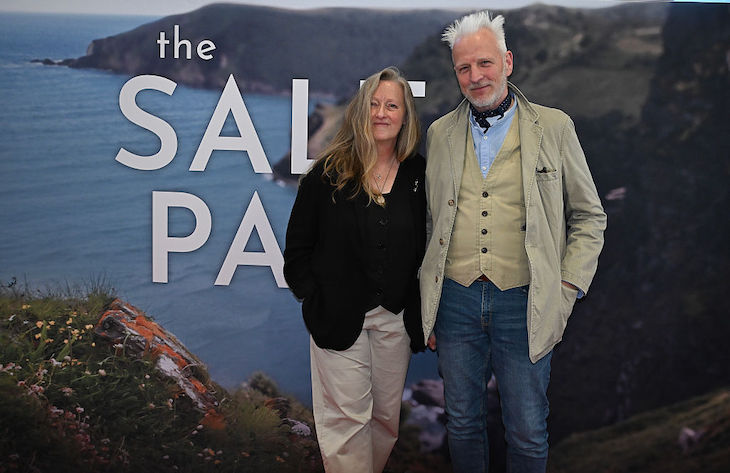Keir Starmer is at Blenheim Palace today for the gathering of the European Political Community, the forum created by Emmanuel Macron in the wake of the Russian invasion of Ukraine. While the new Prime Minister met with many world leaders last week in Washington for the Nato summit, this is his first time he has played host since entering 10 Downing Street. As European leaders arrive, the Labour leader has been glad-handing his new counter parts. So far, we have seen a warm embrace for Hungary’s Viktor Orbán and the sparks of a bromance with a grinning Macron.
The EU will want something in return for any removal of barriers
On the agenda is Ukraine, with Volodymyr Zelensky addressing the summit this morning to urge them not to surrender to tyrants: ‘We will see how much the bravery of previous generation generations has won for us, and secured this Europe for us… and our children’. Starmer has in turned pledged to support Ukraine ‘as long as it takes’: ‘Every day Ukraine fights to protect not just the Ukrainian people, but the European people’. However, questions remain as to whether this European resolve will hold if Donald Trump wins the US presidential election and decides to withdraw the current support to Ukraine.
But for Starmer, there is more than security at stake today. The Prime Minister has a wider strategic aim when it comes to his governments ambitions: closer ties with Europe. Opening the conference Starmer talked of his hopes of a ‘reset’: ‘We want to work with all of you to reset relationships, rediscover our common interest, and renew the bonds of trust and friendship, the right and the fabric of European life.’ As for what that reset involves, hopes for a new security pact with the EU have been much talked up and are seen as the low-hanging fruit.
But Starmer would like to go further with alignment and removing trade barriers – while not technically rejoining the single market or customs union. The problem he faces is that the EU will want something in return for any removal of barriers. Yet the most contentious ask is likely to be on migration. Starmer could push for a new migrants return deal with the EU as an answer to stopping small boat arrivals. However, this could be hard to secure, politically divisive and come with catches – such as taking a certain number of asylum seekers in return. Starmer hopes a ‘reset’ in rhetoric will unlock opportunities that were denied to the previous government. However, he is likely to find that EU rigidity is hard to charm away.








Comments